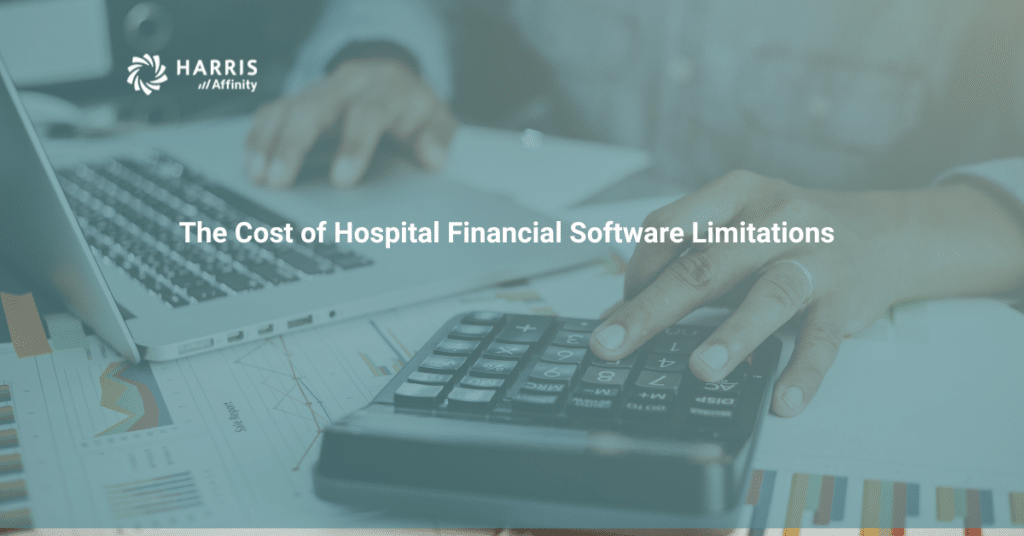Hospitals rely heavily on sophisticated financial software systems to manage revenue streams, track expenses, and ensure financial stability. However, despite technological advancements, hospitals often face challenges with their financial software that can hinder accuracy, real-time reporting, and interoperability.
Navigating 2024: Trends in Healthcare Financial Decision Support
Accuracy in Real-Time Reporting
One of the primary challenges hospitals encounter with financial software is ensuring accuracy in real-time reporting. Inaccurate or outdated financial data can have significant implications for decision-making, resource allocation, and financial planning. Numerous hospitals and health systems encounter obstacles when utilizing precise, up-to-the-minute data to bolster surgical capacity management. However, gaining access to this data holds the key to numerous advantages, including heightened efficiency within operating rooms, clearer visibility into OR availability, streamlined schedule coordination, and more strategic resource allocation. Hospitals require financial software systems that provide real-time insights into revenue, expenses, and cash flow to make informed decisions and adapt to changing market dynamics.
Montage’s Health’s Journey with a Hybrid Costing Strategy
Interoperability Challenges
Interoperability, or the ability of different software systems to exchange and use data seamlessly, is another significant challenge hospitals face with financial software. Many hospitals operate with disparate systems for revenue cycle management, electronic health records (EHR), and accounting, leading to data silos and inefficiencies. Lack of interoperability hampers communication between systems, resulting in manual data entry, reconciliation errors, and delays in financial reporting.
Strategies for Overcoming Financial Software Challenges
- Invest in Integrated Financial Software Solutions: Hospitals should consider adopting integrated financial software solutions that offer comprehensive functionality for revenue cycle management, accounting, and financial reporting. Integrated systems facilitate seamless data exchange between departments, streamlining workflows and improving accuracy.
- Embrace Cloud-Based Solutions: Cloud-based financial software offers scalability, flexibility, and accessibility, enabling hospitals to access real-time financial data from anywhere, at any time. Cloud-based solutions also facilitate interoperability by providing a centralized platform for data integration and collaboration.
- Implement Data Analytics and Automation: Leveraging data analytics and automation tools can enhance the accuracy and efficiency of financial processes. Hospitals can use predictive analytics to forecast revenue trends, identify cost-saving opportunities, and optimize resource allocation. Automation of routine tasks such as invoice processing and claims management reduces manual errors and frees up staff time for more strategic initiatives.
- Prioritize Training and Change Management: Successful implementation of new financial software requires comprehensive training and change management initiatives. Hospitals should invest in staff training programs to ensure proficiency in using the software effectively. Additionally, change management strategies help
By prioritizing accuracy in real-time reporting, addressing interoperability challenges, and implementing effective strategies for optimization, hospitals can streamline financial operations, enhance decision-making, and achieve sustainable growth in an increasingly complex healthcare landscape.
Harris Affinity (ADS) empowers hospitals with actionable insights into their financial performance, revenue trends, and operational metrics. Whereas other financial platforms face interoperability challenges, particularly in integrating with third-party systems such as electronic health records (EHRs) or billing platforms, ADS is known for its robust interoperability solutions, facilitating seamless integration with third-party systems, such as EHRs, billing platforms, and payer systems. To learn more about how hospitals are seeing increased profit margins and more accurate financial data, schedule some time here.

